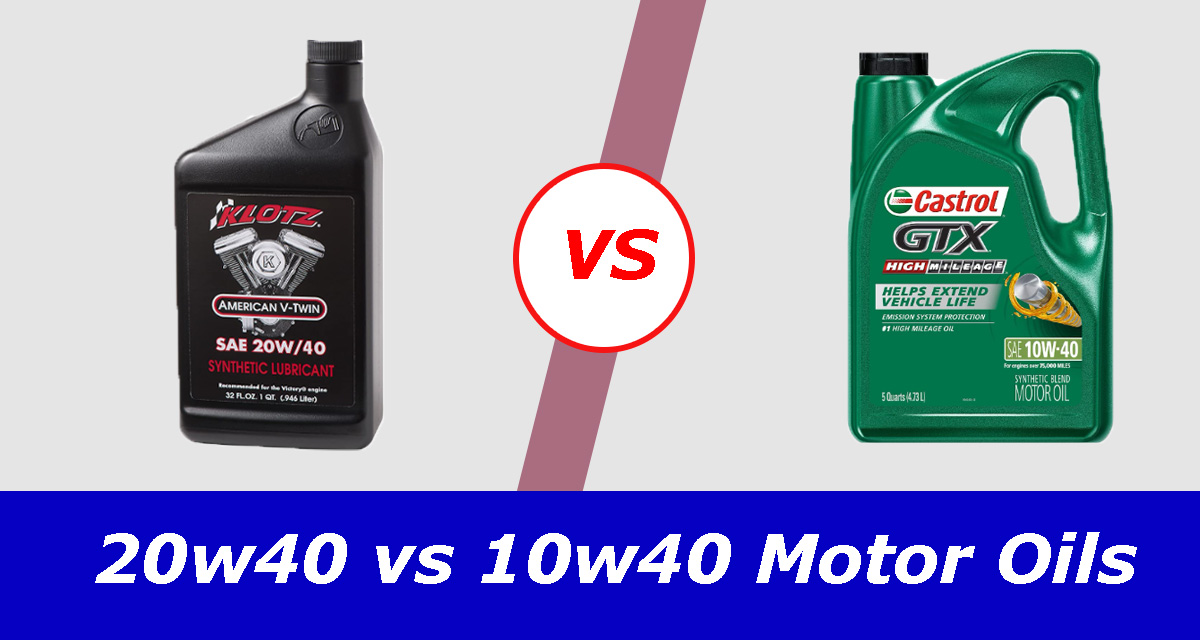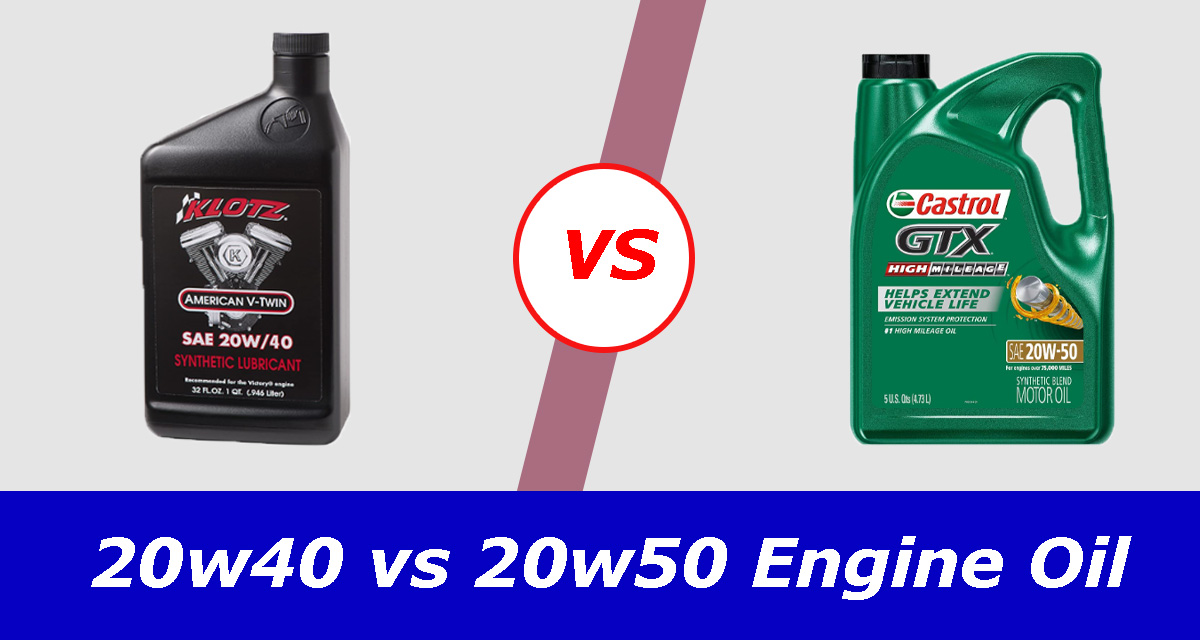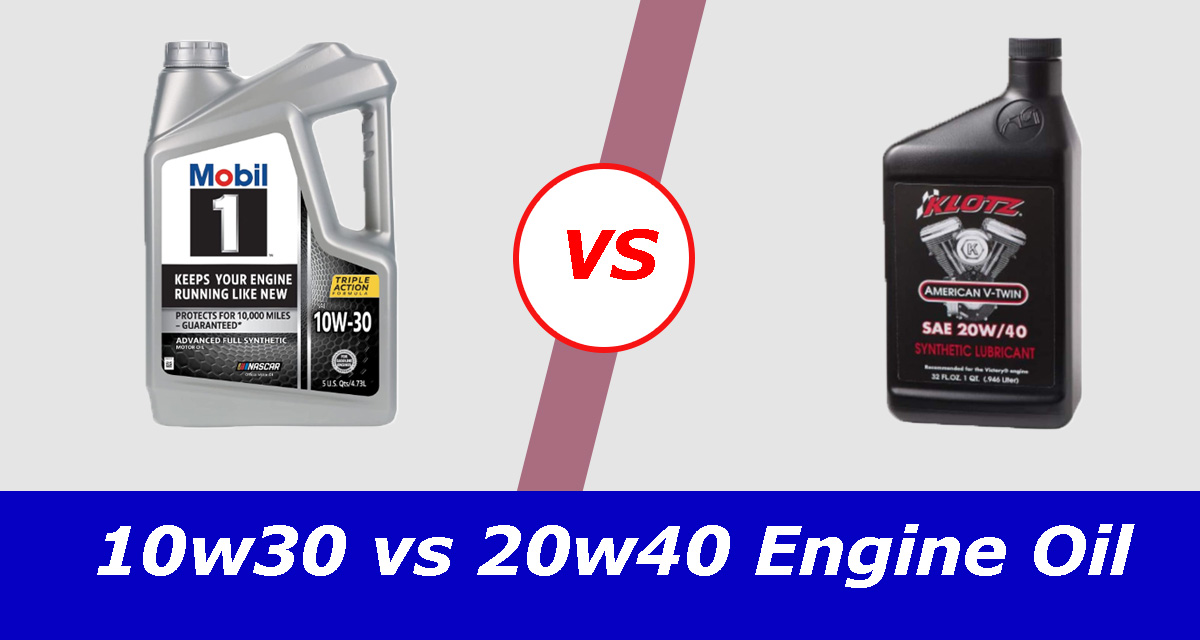An oil change is one of the most essential routine maintenance tasks performed on a vehicle. Engine oil is essential in a car since it lubricates the engine and all of its moving parts. It absorbs the heat generated when engine parts rub against each other, preventing overheating. Vehicles must be serviced on a regular basis in order to function properly. Different cars need varying degrees of upkeep.
However, all autos require an oil change every 3,000 miles. You should fight the need to forgo an oil change, no matter how strong the desire. When it comes to car maintenance, frequent oil changes are essential for maintaining your engine in excellent working order. If you ignore this service, the entire engine might be harmed.
The difficulty is that you may not know the engine needs an oil change until you notice, hear, or smell something out of the norm.
Engine oil becomes filthy and degrades over time. In addition, dirty oil does not effectively lubricate the engine or absorb heat. Without this much-needed lubrication with new oil, the engine’s moving components begin to grind together, resulting in excessive wear and engine difficulties. Here is some information on why you should never skip oil changes on the car.
10 Reasons Why You Shouldn’t Miss an Oil Change
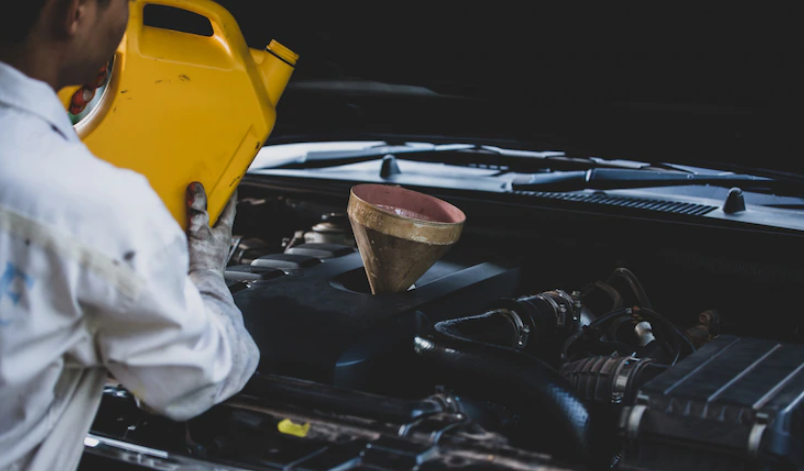
1. Oil changes on a regular basis increase gas mileage
Few people are aware that missed oil changes have an impact on a car’s mileage. This is due to the fact that broken-down oil causes your engine to work harder, resulting in the use of more petrol every mile. As a result, the longer you wait to replace the oil, the more gas you end up consuming every mile. Because of this, your car’s mileage decreases as fuel expenses rise.
2. Oil changes on a regular basis help keep engine components cool
Another Reason Why You Shouldn’t Miss an Oil Change is that it might cause excessive heat within the engine. Oil helps in controlling engine temperature. The engine will not function as effectively if there is too much heat within it.
Excess heat will cause engine components to deteriorate and deform over time. Of course, a lack of lubrication accelerates the wear of the engine’s components.
3. Oil reduces friction, which reduces engine wear and tears
The oil improves the prevention of engine wear and tear by minimizing friction. The pistons, valves, and other components of your automobile rub together as you move. This lowers friction and improves the life of the car’s engine when it is properly oiled.
On the other hand, if you don’t lubricate these metal bits, they’ll rub against each other and cause wear. This can result in damage that will cost you far more than the cost of an oil change in the long run.
4. Oil gives you a smoother ride
You’ll observe a big difference in your car’s performance before and after an oil change. After an oil change, you’ll find that your car runs significantly smoother and with much more power.
5. Clean oil also aids in the removal of junk from your engine’s components
Dirt and other particles will collect on surfaces within your engine if regular maintenance is not performed. As time passes, these compounds chemically react and, in certain cases, produce rust, potentially causing additional troubles for your car.
Furthermore, utilizing contaminated oil can prevent a car’s engine from completing its function effectively, defeating its objective of maintaining its engine components in maximum condition.
When your car’s engine is running on clean, fresh oil, it consumes significantly less fuel. This implies that less gasoline is used each mile, which makes a big difference in the long run when it comes to saving money at the pump. Every bit counts these days, as we all know!
6. Changing the oil removes sludge from engine systems
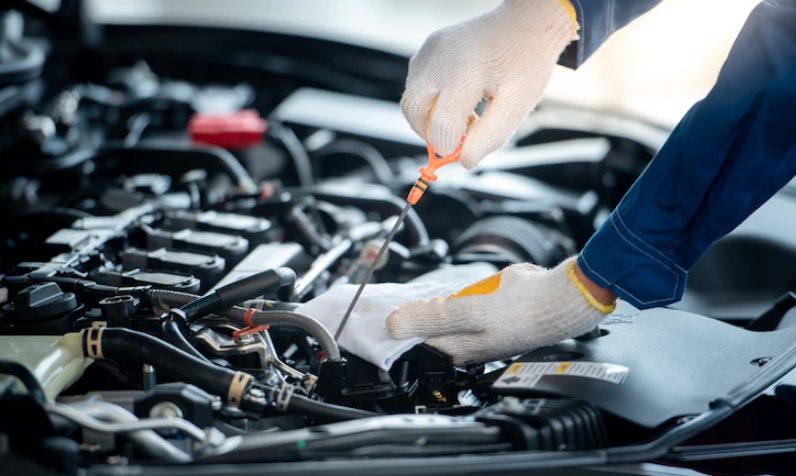
Sludge is a thick, sticky material that builds up in your engine over time. When old oil begins to harden, sludge accumulates. When old oil hardens and becomes a gel, it loses its ability to flow smoothly through the car’s engine and lubricate its components.
As a result, the engine suffers from an oil deficiency in its components, causing it to fail. Regular oil changes remove sludge and bad oil from your car and safeguard your engine’s moving components for longer-lasting performance, resulting in a longer life for the car’s motor.
7. Regular oil changes extend the life of your vehicle
8. Regular oil changes assist to increase the resale value of your car
Another reason why frequent oil changes are crucial is that they help preserve the value of your automobile from degrading too rapidly. When you keep up with oil changes, you assist to preserve a car’s original market price as high as feasible over time.
You’ll have to sell your car to get a new one at some point, and the only way to get a good resale price is to keep your oil changed. If you don’t replace your oil on a regular basis, your engine will become less efficient, resulting in a reduced resale value.
Furthermore, if you keep records of your automobile’s maintenance, such as frequent oil changes, you may expect a higher sale price because it demonstrates that you have properly maintained your vehicle.
9. Oil changes are cheap in comparison to the benefits they provide
Because your engine is continuously working hard, the parts of your vehicle require regular lubrication to avoid a variety of problems over time. Oil changes should be performed on a regular basis as part of routine car maintenance.
This service will not cost you much money, but it will save you money on other costs if you keep up with it on a regular basis. It is impossible to overestimate the significance of frequent oil changes. They’re a low-cost approach to staying on top of any engine problems and maintaining your car in peak condition.
10. Less pollution and great performance
If you don’t replace your oil, the engine emits more pollutants. This is because the car’s computer handles the inner intricate workings of the engine and provides the optimum gas mileage as long as the engine burns cleanly.
Your engine, on the other hand, releases more pollutants when the engine oil breaks down, which means the automobile doesn’t function as well as it could.
While an oil change may appear to be an annoyance and a waste of time and money, it is, in fact, an important element of your car’s maintenance routine. If anyone wants their vehicle to endure a long time and operate properly, it must be serviced often.
If you have a habit of forgetting to replace your engine oil, these 10 reasons should stimulate and remind you. In any case, you will be the one who suffers if you do not replace the engine oil since missed oil changes result in the eventual loss of your hard-earned money and time.


